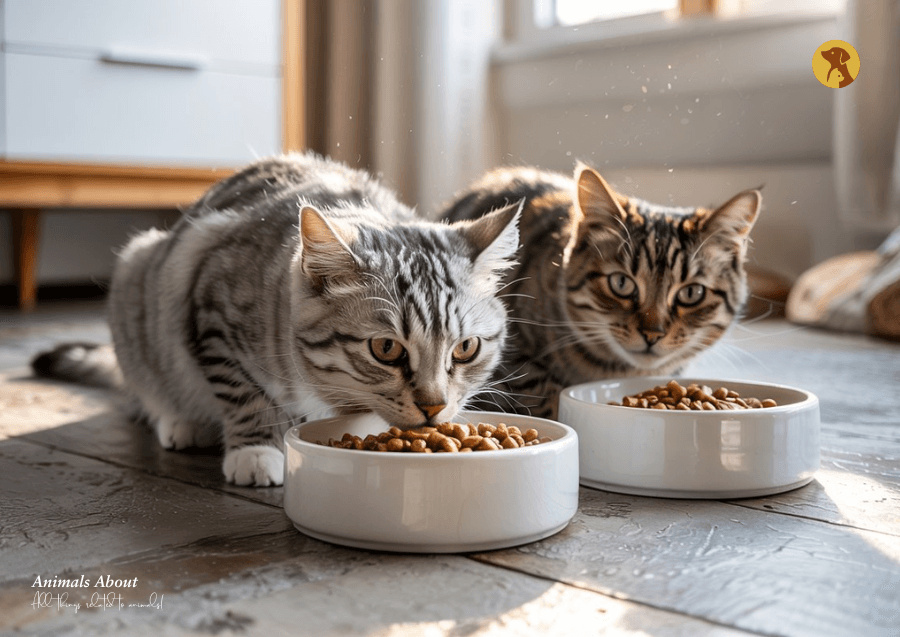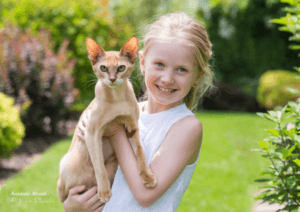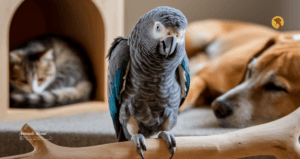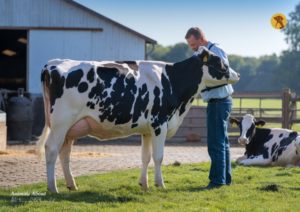Caring for a cat with kidney disease can feel overwhelming, but choosing the right cat kidney diet food can make a huge difference in their quality of life. As a loving pet owner, you want to support your feline friend’s health naturally, and diet is one of the most powerful tools you have. In this guide, we’ll walk you through the best food for cats with kidney disease, explain why it matters, and share practical tips to keep your cat happy and healthy. Let’s dive in with a warm, human touch to help you navigate this journey.
Why a Feline Kidney Diet Matters
Kidney disease, especially chronic kidney disease in cats (CKD), is common, particularly in older cats. The kidneys filter waste from the blood, regulate hydration, and balance minerals like phosphorus. When they’re not working properly, toxins build up, and your cat may feel unwell. A feline kidney diet is designed to ease the kidneys’ workload, slow disease progression, and improve your cat’s comfort.
The right renal cat food focuses on:
- Low protein to reduce kidney strain.
- Low phosphorus to prevent mineral imbalances.
- High moisture to keep your cat hydrated.
- Balanced nutrients to support overall health.
By feeding the best food for kidney failure in cats, you’re giving your furry friend a fighting chance to thrive despite their condition.
What to Look for in Cat Kidney Diet Food
Not all cat foods are created equal, especially for cats with kidney issues. Here’s what to prioritize when choosing cat food for CKD:
1. Low Protein, High Quality
Cats are obligate carnivores, so they need protein—but too much can overtax failing kidneys. Low protein cat food reduces the amount of waste the kidneys must filter. Look for high-quality protein sources like chicken or fish, which are easier to digest. Prescription diet for kidney disease cats often strikes this balance perfectly.
2. Phosphorus-Free or Low-Phosphorus
Excess phosphorus can harm cats with kidney disease. Phosphorus-free cat food or low-phosphorus options help prevent complications like bone issues or further kidney damage. Check ingredient labels or opt for cat renal support diet formulas designed to control phosphorus levels.
3. Wet Food for Hydration
Wet food for cats with kidney issues is a game-changer. Kidney disease often leads to dehydration, and wet food provides moisture to support kidney function. It’s also more palatable for cats who may have a reduced appetite due to their condition.
4. Omega-3 Fatty Acids
Some cat kidney support nutrition includes omega-3s from fish oil, which can reduce inflammation and support kidney health. These healthy fats are a bonus in both commercial and homemade kidney diets for cats.
5. Prescription vs. Non-Prescription
Veterinary diets, like prescription diet for kidney disease cats, are formulated specifically for kidney health. Brands like Hill’s Prescription Diet k/d or Royal Canin Renal Support are vet-recommended. However, some non-prescription renal cat food options can work if your vet approves.
Top Picks for Cat Kidney Diet Food
Here are some of the best food for kidney failure in cats based on quality, nutrition, and palatability:
1. Hill’s Prescription Diet k/d
- Low protein, low phosphorus, and high in omega-3s.
- Available in wet and dry forms, with flavors cats love.
- Supports nutrition for cats with kidney failure.
2. Royal Canin Veterinary Diet Renal Support
- Designed for chronic kidney disease in cats diet.
- Offers multiple textures to entice picky eaters.
- Controls phosphorus and protein levels.
3. Purina Pro Plan Veterinary Diets NF Kidney Function
- A cat renal support diet with restricted phosphorus.
- Wet food options for hydration.
- Vet-prescribed for kidney disease management.
4. Weruva Cats in the Kitchen (Non-Prescription)
- A high-moisture, low-phosphorus option for wet food for cats with kidney issues.
- Grain-free and made with real meat.
- Check with your vet for suitability.
Always consult your veterinarian before switching to a new cat kidney diet food to ensure it meets your cat’s specific needs.
Homemade Kidney Diet for Cats: Is It an Option?
If you’re wondering about a homemade kidney diet for cats, it’s possible but requires careful planning. Homemade food can be tailored to your cat’s preferences, but it must be nutritionally balanced to avoid deficiencies. Work with a veterinary nutritionist to create recipes that:
- Use low-phosphorus ingredients like egg whites or certain vegetables.
- Limit protein to 20-25% of the diet.
- Include moisture-rich bases like broth or water.
For example, a simple recipe might include boiled chicken, rice, and a vet-approved supplement to balance nutrients. However, a homemade kidney diet for cats isn’t a substitute for veterinary advice, so always get professional guidance.
What Not to Feed a Cat with Kidney Disease
Knowing what not to feed a cat with kidney disease is just as important as choosing the right food. Avoid:
- High-protein treats like tuna or raw meat, which strain the kidneys.
- Dry food alone, as it lacks the moisture needed for cat kidney support nutrition.
- Human foods like salty snacks, dairy, or grapes, which can be toxic or harmful.
- Generic cat foods with high phosphorus or poor-quality protein.
Stick to food for cats with kidney disease recommended by your vet to keep your cat safe.
Tips for Feeding Cats with Kidney Disease
Feeding a cat with kidney issues can be tricky, especially if they’re picky. Here are some practical tips:
- Warm the food: Slightly warming wet food for cats with kidney issues can enhance its smell and appeal.
- Feed small, frequent meals: This is easier on the stomach and encourages eating.
- Mix old and new food: Gradually transition to a feline kidney diet to avoid upsetting your cat’s tummy.
- Monitor water intake: Ensure fresh water is always available, and consider a pet fountain to encourage drinking.
- Track appetite and weight: Sudden changes could signal a need to adjust the cat renal support diet.
Supporting Your Cat Beyond Diet
While cat kidney diet food is critical, holistic care makes a big difference. Regular vet checkups, medications (if prescribed), and a stress-free environment support your cat’s well-being. Create a cozy space for your cat to rest, and shower them with love—your bond is a powerful part of their healing.
Choosing the right cat kidney diet food is a loving step toward supporting your cat’s health. Whether you opt for a prescription diet for kidney disease cats, a high-quality commercial renal cat food, or a carefully crafted homemade kidney diet for cats, you’re helping your feline friend live their best life. Always work closely with your vet to tailor the diet to your cat’s needs, and don’t forget to offer plenty of cuddles along the way. Your care makes all the difference!
Regular cat food is often too high in protein and phosphorus for cats with kidney disease. Stick to renal cat food or consult your vet.
Yes, wet food for cats with kidney issues provides essential moisture to support kidney function and hydration.
Symptoms like increased thirst, weight loss, or lethargy may indicate kidney disease. A vet diagnosis will confirm if a feline kidney diet is needed.
A homemade kidney diet for cats is possible but must be vet-approved to ensure proper nutrition.







